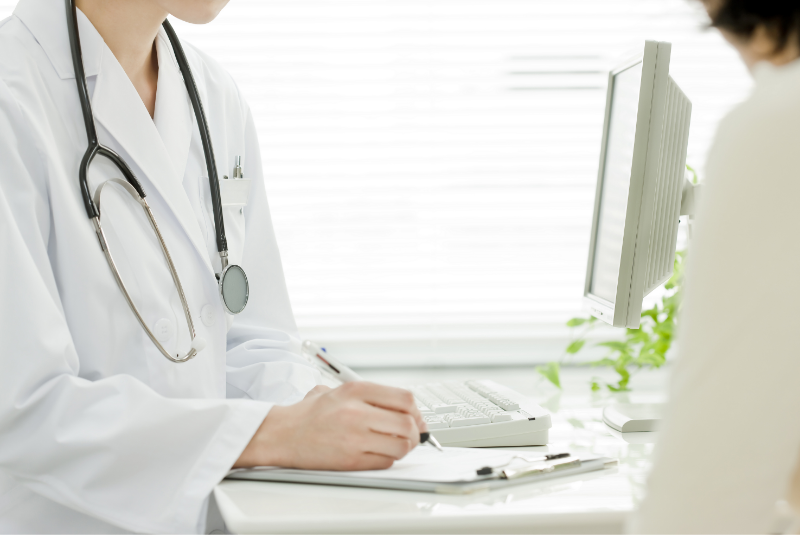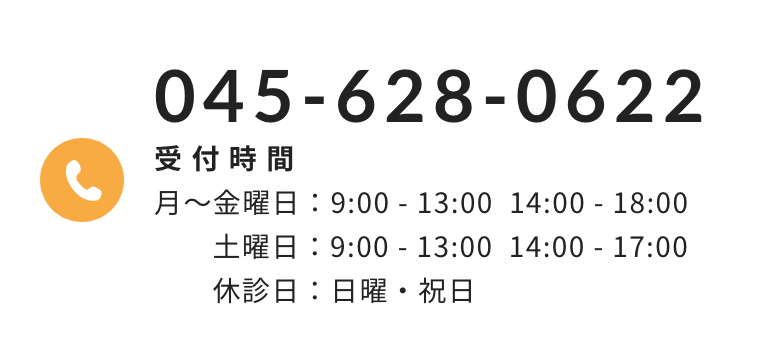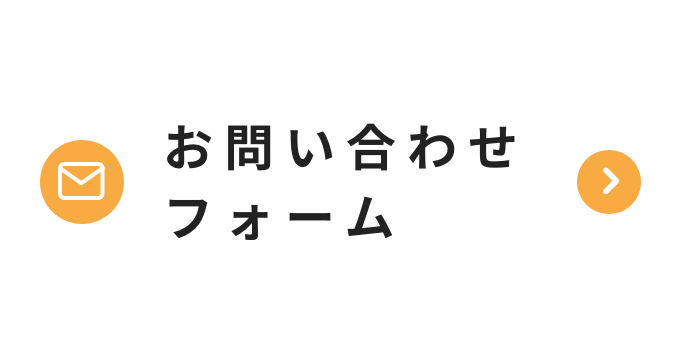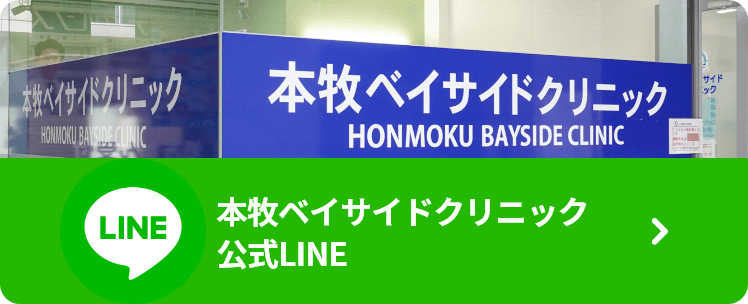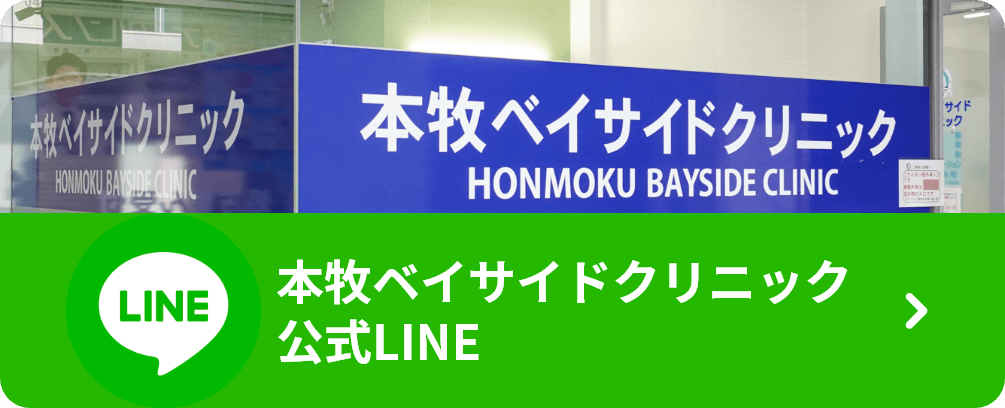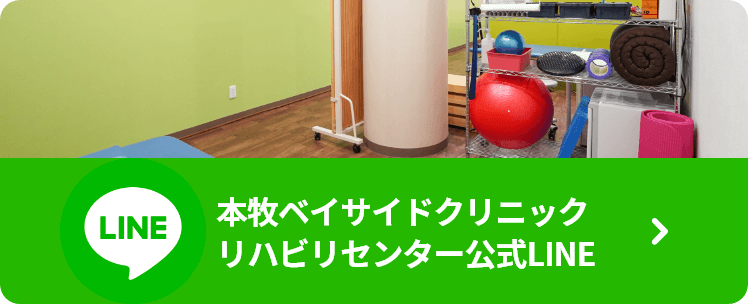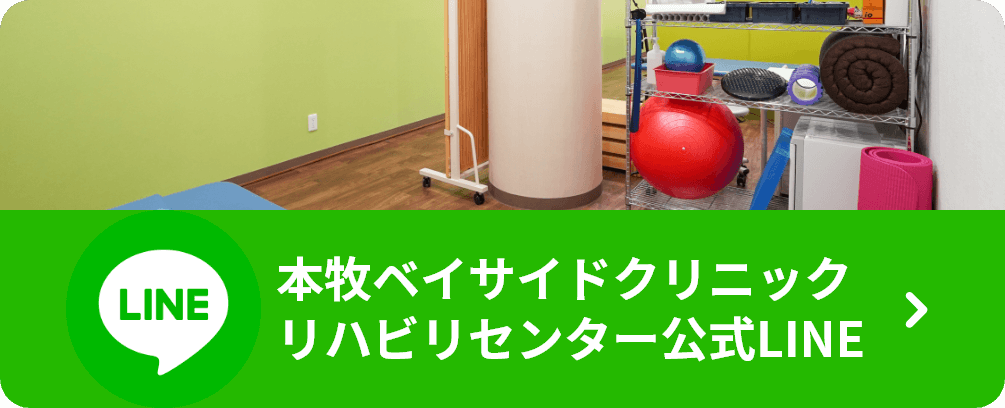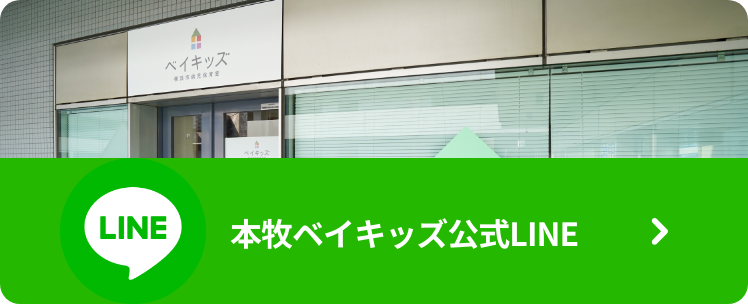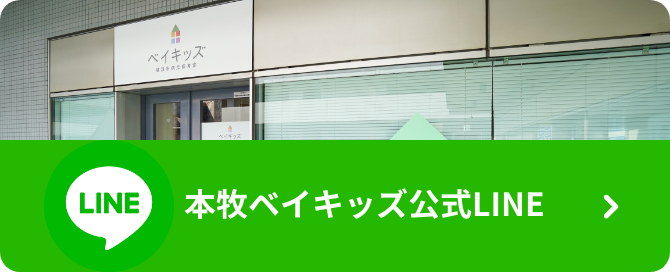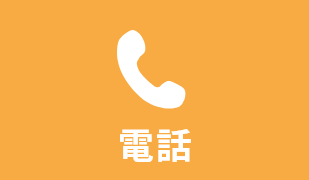What is colonoscopy?
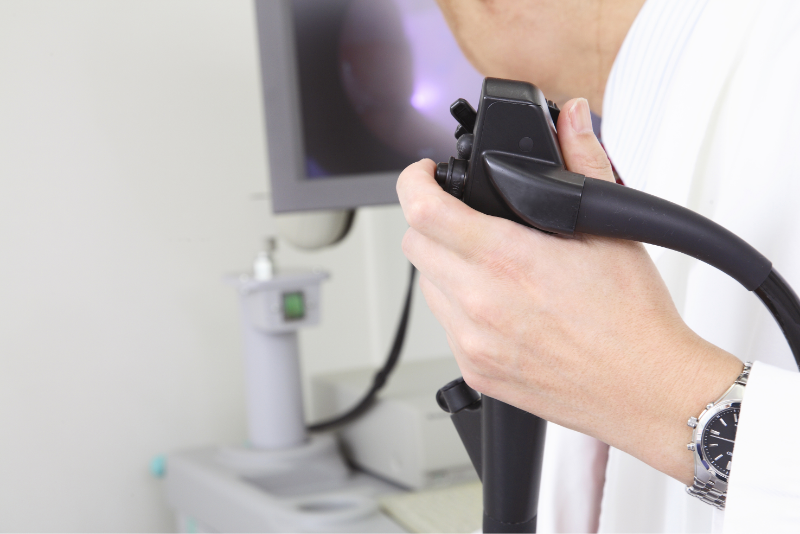
This examination uses a tube (endoscope) with a camera attached to the tip to insert the camera from the anus to the deepest part of the large intestine (cecum) and stretch the folds of the large intestine with air (carbon dioxide) to observe the colonic mucosa to ensure that nothing is missed.
The larger the colon polyp, the greater the possibility that part of the polyp will become cancerous. At our clinic, we can remove colon polyps or send them for pathological examination upon request.
Since early detection and removal of polyps can lead to the prevention of colorectal cancer, we are able to remove polyps on site.
Colonoscopy can also be used to make definitive diagnoses of various colorectal diseases as well as colorectal cancer.
Symptoms of colorectal diseases often cause diarrhea, constipation, bloody stools, abnormal bowel movements, and abdominal discomfort, and cannot be diagnosed by symptoms alone. Therefore, if symptoms are present, a colonoscopy should be performed as soon as possible to obtain an accurate diagnosis.
Our clinic offers colonoscopy services that people also ask about
1 What are the signs of needing a colonoscopy?
- Older than 45
- Older than 40 with a family history of colon cancer or colon polyps
- You’ve noticed a change in your bowel movements or have bleeding or pain, regardless of your age
- Constipation
- Frequent diarrhea
- Blood in stool
- Rectal bleeding
- Abdominal pain or cramping
- Unintended weight loss
- Fatigued
- Dark stools
2 What diseases can be detected by a colonoscopy?
- Ulcerative colitis
- Crohn’s Disease
- Colon polyps
- Diverticulitis
- Irritable bowel syndrome
- Hemorrhoids
- Constipation
- Colorectal cancer
3 Is colonoscopy a painful procedure?
Colonoscopies aren't usually painful.
Because most patients receive a sedative injection before the procedure starts.
The sedative makes you sleepy that you usually don't feel the procedure.
4 How long does a colonoscopy take?
A colonoscopy typically takes about 30 minutes, depending on whether the doctor needs to remove tissue or if testing is difficult for any reason.
However, patients are required to rest at the clinic for about one hour after the procedure is finished.
This means that the total time needed for the procedure and recovery is usually about 2 hours.
5 Can I go to work after the procedure?
After the procedure, you should not go back to work or do any activities that require alertness and concentration for the rest of the day. The sedative used during the exam can affect your ability to make important decisions, drive, or operate heavy machinery. Because it can take up to a day for the full effects of the sedative to wear off. It is always best to follow the advice of your healthcare provider to ensure your safety and well-being.
6 What is the best meal after the colonoscopy?
On the same day, it's best to eat foods that are easy to digest. After confirming that there is no abdominal pain or bleeding on the next day, gradually return to a normal diet over a period of about 3 days, starting with foods that are easy to digest. It's recommended to avoid spicy foods such as chili peppers, strong stimulants, and alcohol for about 3 days after the examination.
The recommendations may vary depending on the individual's condition. So it's always best to consult with a doctor after a colonoscopy.
7 Yokohama City of cancer screening
- Cost is free
Qualifying age Over 40 years old
Number of consultations Once in one year
examination Interview, fecal occult blood test
Please check this website.
https://www.city.yokohama.lg.jp.e.sj.hp.transer.com/kurashi/kenko-iryo/kenshin-kensa/seidohenkou.html
How to proceed with the examination
1Appointments are required.
Please visit the internal medicine department in advance to schedule an examination date.
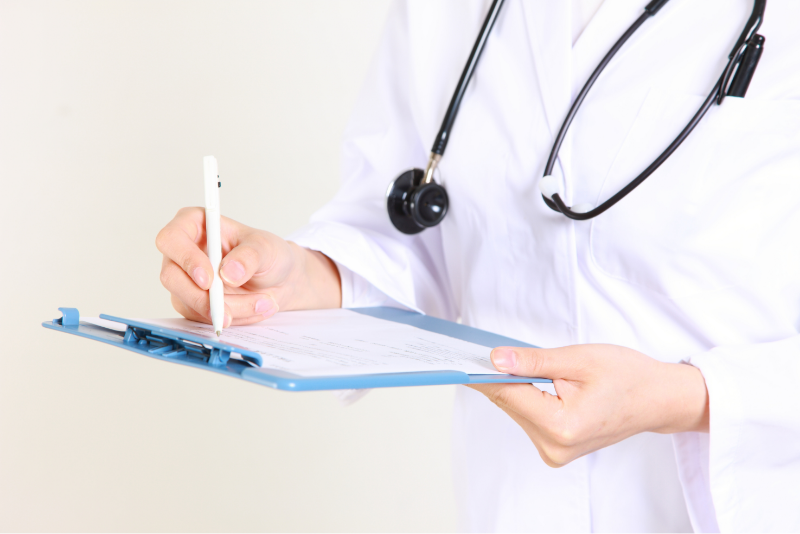
2The nurse will explain about the tests and procedures.
The receptionist will give you a consent form for the examination.
Once you understand and agree with the contents, you will be asked to sign the consent form.
3The night before the examination, please eat a digestive meal by 8:00 p.m.
The procedure begins before bedtime; take a laxative at 9:00 p.m.
Laxative: sodium picosulfate hydrate.
4Please fast on the morning of the examination by 2:00 p.m.
Fluid intake is allowed.
You will be asked to take a bowl cleanser by 10:00 a.m. Since diarrhea will continue, please adjust your work schedule in advance.
Passing clear or yellowish fluid that is free from fecal matter is an indication that your bowel prep is complete.
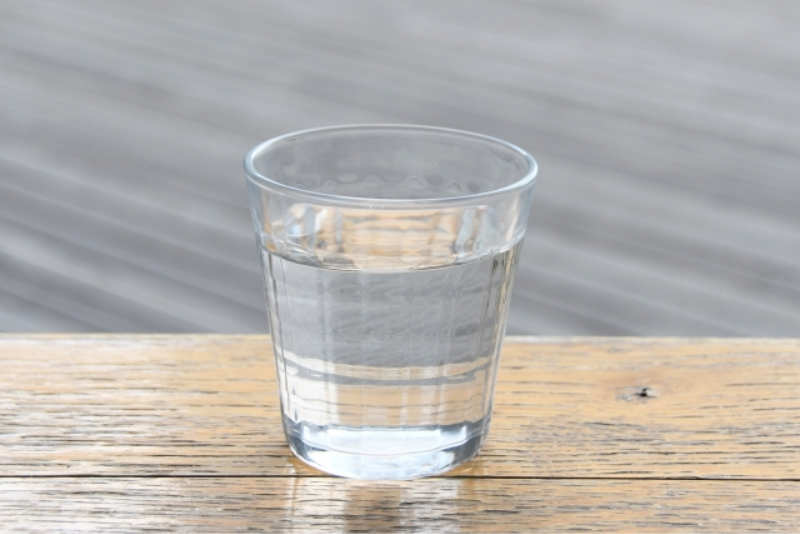
5A colonoscopy typically takes about 30 minutes.
However, patients are required to rest at the clinic for about one hour after the procedure is finished.
6After the examination, the doctor should explain the internal procedure to you. If there is nothing of concern, you will not need to come in for a follow-up appointment.
If the examination results indicate a pathology, the doctor will explain them to you on an outpatient basis at a later date.
- After the removal of polyps, there are certain restrictions on activities such as diet, exercise, and travel, which should be followed for one week after the examination.
- Additionally, the examination room and equipment are thoroughly disinfected after each examination to maintain hygiene and prevent the spread of infection.
